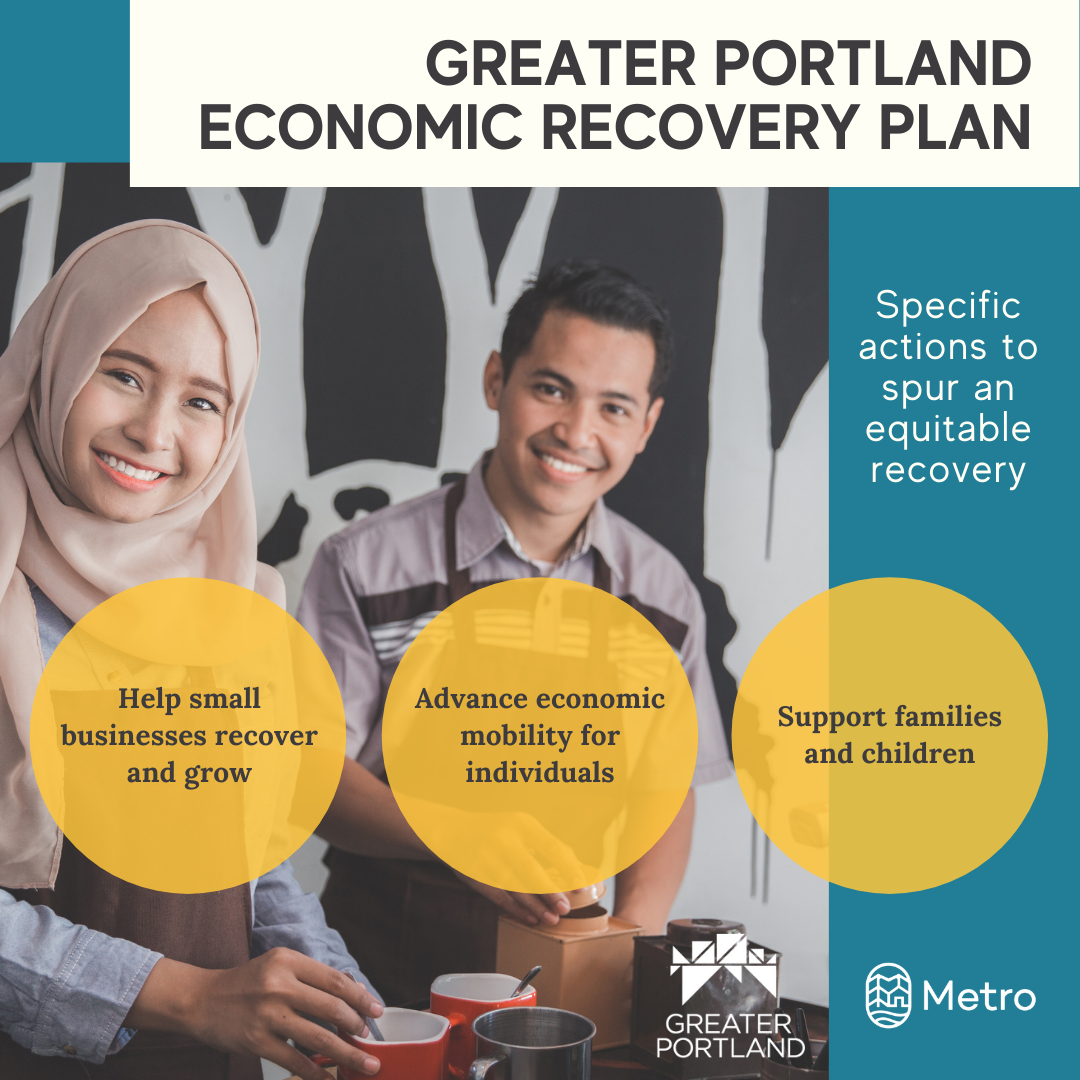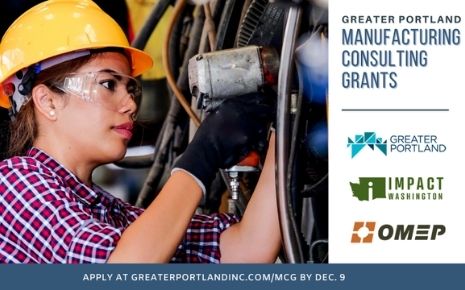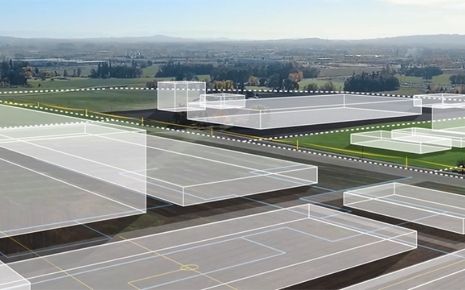
9 Dec 2020
Press Release, GPI in the News
FOR IMMEDIATE RELEASE
Media Conacts
Anna Marum
Greater Portland Inc
971-339-2012
anna.marum@greaterportlandinc.com
Constantino Khalaaf
Metro
503-545-6450
constantino.khalaf@oregonmetro.gov
GPEDD, Metro unveil Greater Portland Economic Recovery Plan
The plan defines 47 responsive actions to support the region’s individuals and businesses most impacted by the pandemic-induced recession and initiate a robust equitable recovery.
PORTLAND, Ore. – The Greater Portland Economic Development District (GPEDD) and Metro have released the Greater Portland Economic Recovery Plan to guide the region in response to the COVID-19 pandemic. The plan applies to the federally-designated economic development district, which encompasses Clackamas, Multnomah and Washington counties in Oregon and Clark County in Washington.
The action-focused, outcome-oriented plan aims to help the individuals and small businesses most negatively impacted by COVID-19 and the related recession. The plan focuses on building opportunities for Black, Indigenous, and People of Color (BIPOC) and their businesses, as they have been hit hardest. This is a short-term, adaptable plan for the next 3 to 24 months focusing on immediate action.
“As the devastating impacts of the pandemic came into focus last spring, our region came together to craft a plan to promote an equitable recovery,” said Kimberly Branam, GPEDD chair and executive director of Prosper Portland. “This plan values removing barriers, building trust, and investing strategically. I am optimistic that its implementation will build a stronger and more resilient regional economy for years to come.”
The Economic Recovery Plan process has been governed by GPEDD’s Board of Directors and more than 40 additional advisors from across the region. GPEDD is staffed by Greater Portland Inc. The plan was developed in partnership with Metro and a team of consultants led by Bridge Economic Development. This regional approach will help leverage resources, provide a strong unified voice in aligning efforts and provide accountability during implementation.
“The COVID-19 pandemic impacts every part of our region’s economy,” said Metro Council President Lynn Peterson. “But in this recession, like others, gaps in wealth have grown. Needed relief is not reaching workers and business owners from communities of color, smaller businesses and industry sectors more vulnerable to the pandemic. Metro is providing some direct assistance to stabilize these businesses, which addressed urgent needs in early months. The partnership spearheaded by Greater Portland Inc and the actions in the Economic Recovery Plan are critical to ensure we respond as a region, we deploy resources equitably and strategically, and we recover from COVID-19.”
The plan identifies three target impact areas to combat recessionary forces, address key inequities and prepare the region for recovery:
- Help small businesses recover and grow
- Advance economic mobility for individuals
- Support families and children
Each target impact area contains a number of priorities, with specific recommended actions tied to each priority. For example, a priority under the second target area focuses workforce interventions on low-income residents, with targeted interventions for BIPOC residents. The actions tied to this priority include creating a regional funder collaborative focused on diversifying the construction workforce and helping nursing programs access clinical training opportunities restricted due to COVID-19.
“We must act urgently to support our region through these challenges and ensure Greater Portland emerges from the pandemic best positioned for continued success,” said Jason Green, GPEDD vice-chair and managing director at CBRE. “This plan’s focus on action, equitable outcomes and adaptability provides our region with the strategy needed for long-term recovery and resiliency.”
The recovery plan identifies 47 actions in all, and identifies steps to begin implementation:
- Convene an Implementation Task Force to help lead organizations turn recommended actions into reality and identify lead organizations for those actions still needing one
- Convene a federal policy group to align efforts and secure resources for implementation
- Identify and catalog existing and related recovery efforts already underway across the region
- Identify immediate opportunities where the private sector can provide resources for proposed actions
“Immediate responses to the economic crisis by federal and local jurisdictions and community-based organizations in the form of grants, loans and technical assistance have been crucial,” said Brittany Bagent, who managed the recovery planning process for GPEDD as Greater Portland Inc’s vice president of strategy. “This plan builds on those efforts by providing a coordinated, cross-sector regional framework to offer sustained support for individuals and businesses most impacted by the COVID-19 pandemic. We are hopeful that the actions proposed under the guidance of our regional partners will address real needs in the community and spur a quick, equitable recovery.”
This plan’s development was funded in part by a $400,000 CARES Act Recovery Assistance grant from the U.S. Department of Commerce’s Economic Development Administration (EDA), which GPEDD received in July.
The full plan is available here. All plan materials are available here.
###
About Greater Portland Economic Development District: The Greater Portland Economic Development District (GPEDD), staffed by Greater Portland Inc, is a not-for-profit organization working in Clackamas, Multnomah, and Washington counties in Oregon and Clark County in Washington. GPEDD is funded primarily through grants awarded by the U.S. Department of Commerce’s Economic Development Administration (EDA).
About Metro: Metro brings people together to shape the future of greater Portland and provides parks, venues and services across cities and counties. Led by an elected council, this unique government ensures Oregonians have a voice in parks and nature, land and transportation, garbage and recycling, and arts and event venues.
More Topics




